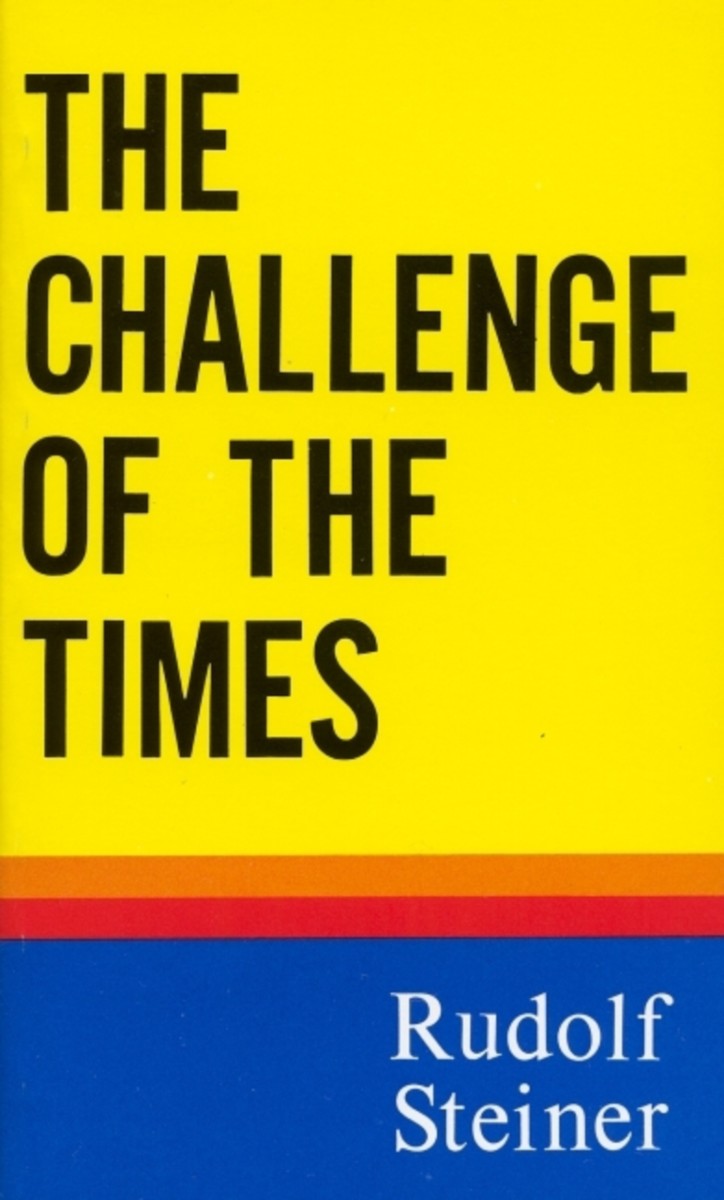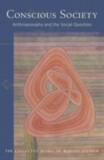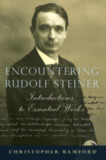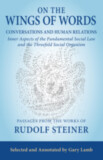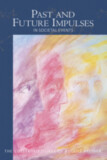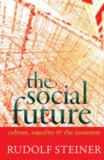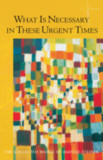The Challenge of the Times
(CW 186)
- Publisher
SteinerBooks - Published
1st February 1979 - ISBN 9780910142830
- Language English
- Pages 224 pp.
- Size 4.25" x 7"
6 lectures, Dornach, November 29 - December 8, 1918 (CW 186)
In these lectures, given just days after the end of World War I, Steiner describes the new developments in mechanics, politics, and economy, as well as new capacities and methods in the West and the East. He reveals their fruitful potentials, but also the dangers of their abuse. He discusses social and antisocial instincts, specters of the Old Testament in the nationalism of the present, and the innate capacities of various nations.
This volume is a translation of Die soziale Grundforderung unserer Zeit (GA 186).
C O N T E N T S:
1. East and West from a Spiritual Point of View
2. The Present from the Viewpoint of the Present
3. The Mechanistic, Eugenic, and Hygienic Aspects of the Future
4. Social and Antisocial Instincts
5. Specters of the Old Testament in the Nationalism of the Present
6. The Innate Capacities of the Nations of the World
Rudolf Steiner
Rudolf Steiner (b. Rudolf Joseph Lorenz Steiner, 1861–1925) was born in the small village of Kraljevec, Austro-Hungarian Empire (now in Croatia), where he grew up. As a young man, he lived in Weimar and Berlin, where he became a well-published scientific, literary, and philosophical scholar, known especially for his work with Goethe’s scientific writings. At the beginning of the twentieth century, he began to develop his early philosophical principles into an approach to systematic research into psychological and spiritual phenomena. Formally beginning his spiritual teaching career under the auspices of the Theosophical Society, Steiner came to use the term Anthroposophy (and spiritual science) for his philosophy, spiritual research, and findings. The influence of Steiner’s multifaceted genius has led to innovative and holistic approaches in medicine, various therapies, philosophy, religious renewal, Waldorf education, education for special needs, threefold economics, biodynamic agriculture, Goethean science, architecture, and the arts of drama, speech, and eurythmy. In 1924, Rudolf Steiner founded the General Anthroposophical Society, which today has branches throughout the world. He died in Dornach, Switzerland.


